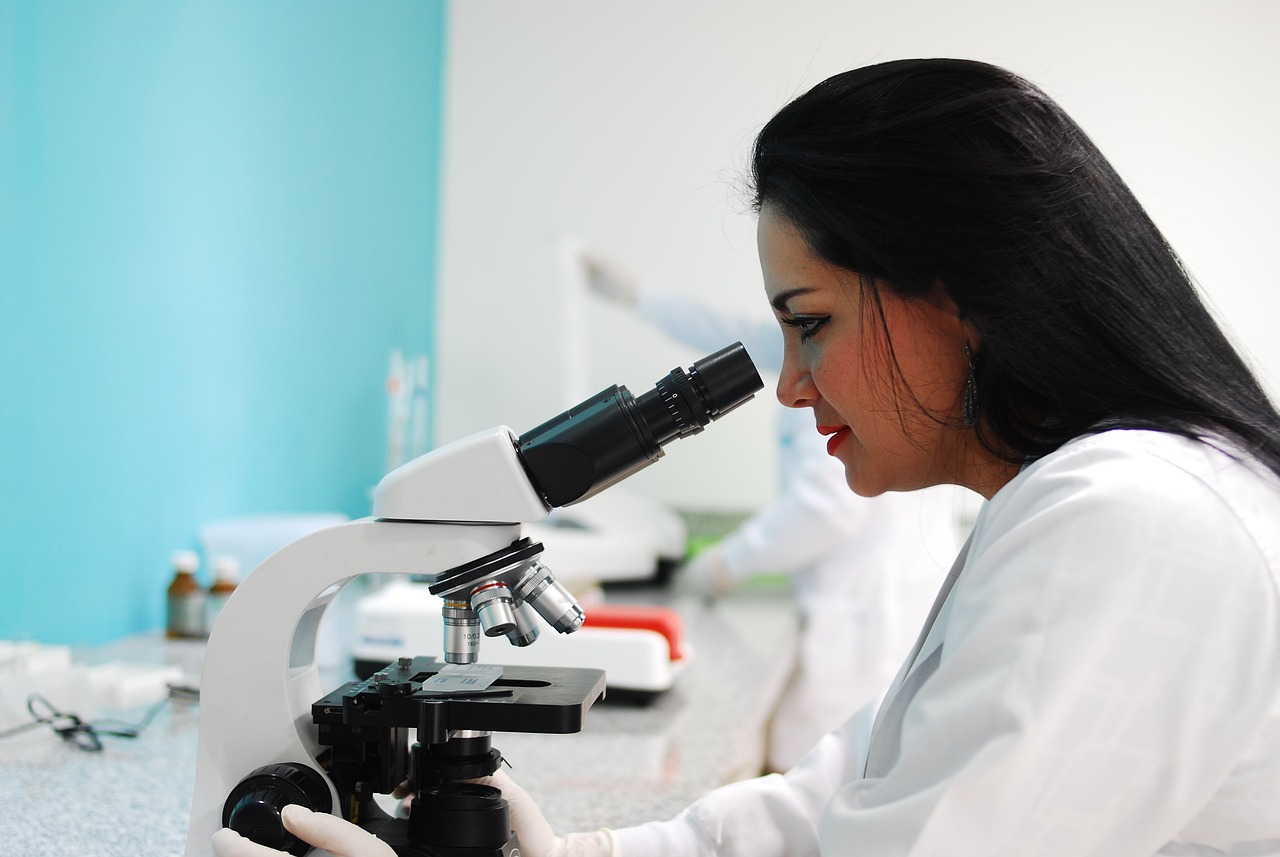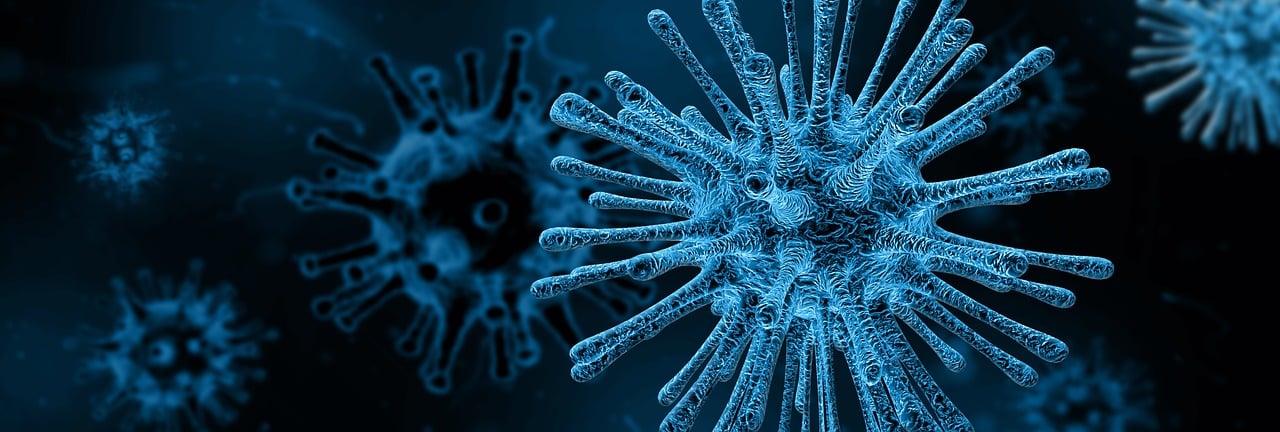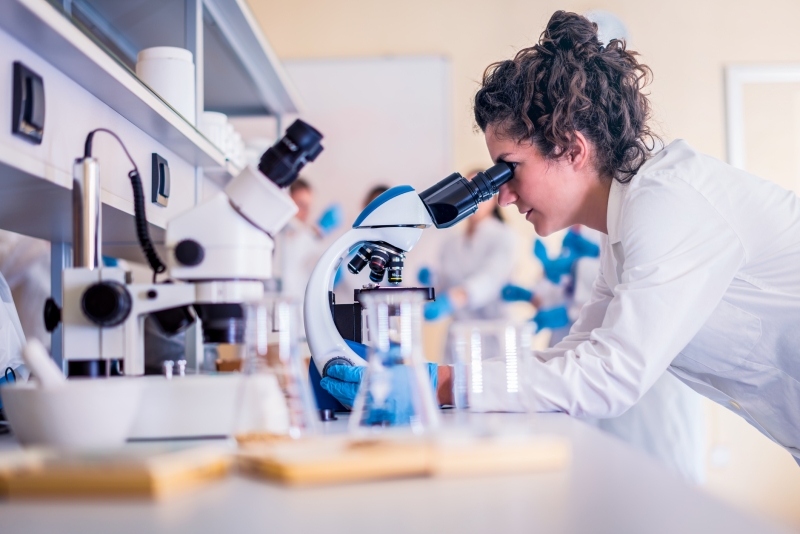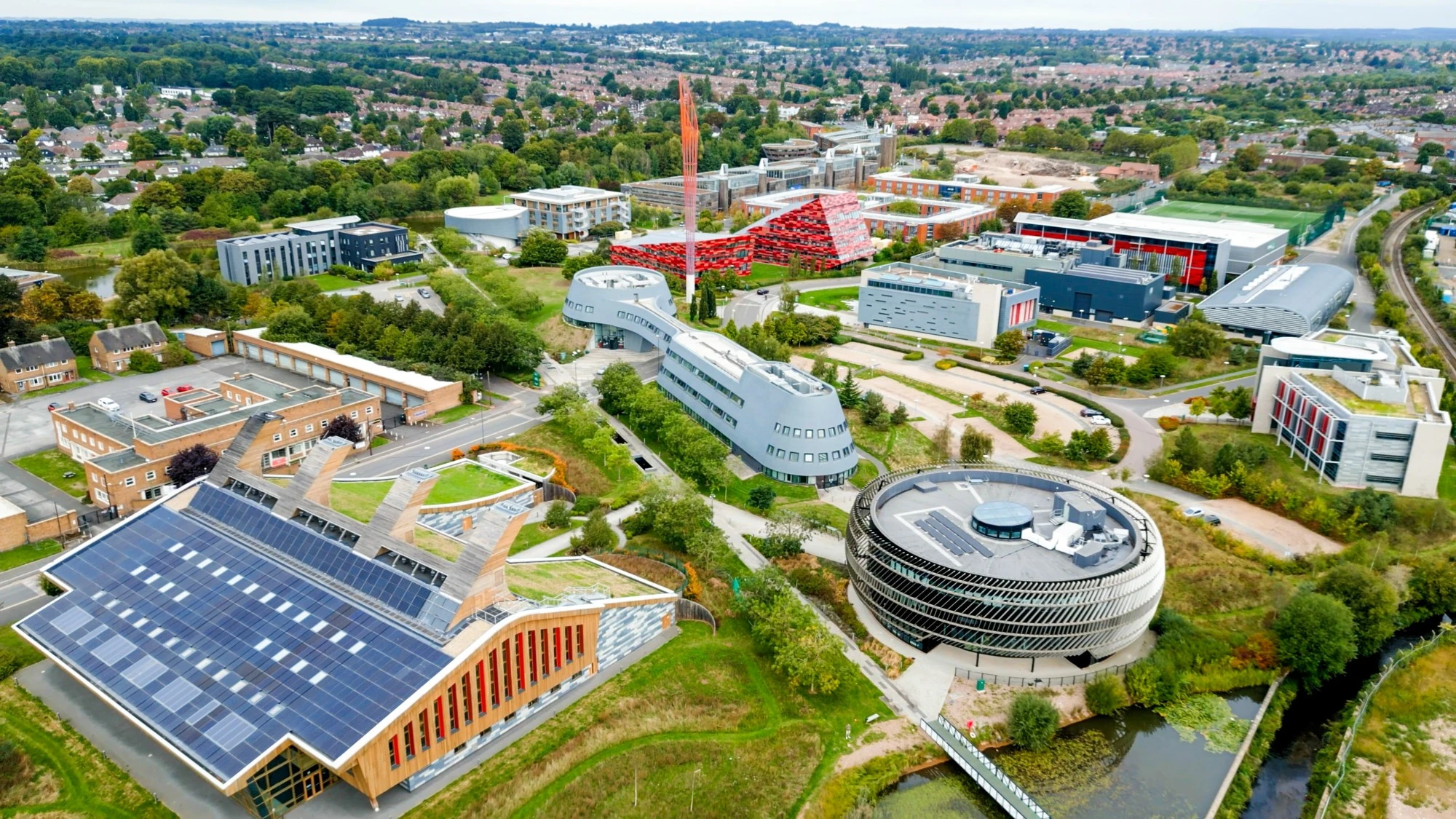
Microbiology (BS)
Main Campus, Tucson, United States
Overview
Microbiology
Bachelor of Science
Coursework Location(s)
Main/Tucson
Areas of Interest
- Agricultural Sciences
- Animal & Veterinary Sciences
- Biological & Biomedical Science
- Communication, Journalism & Public Relations
- Engineering & Technology
- Environment & Sustainability
- Health, Nutrition & Fitness
- Physical & Space Sciences
Overview
The study of small microorganisms can make a difference on a big scale, including leading to lifesaving innovations. Embrace the unknown. Microbiology is the study of microorganisms and the role they play in human, animal and plant health. This Bachelor of Science offers students a base in modern biology, specifically how microorganisms interact with their surroundings. Coursework includes food safety and consumer health; plant pathology and microbiology; environmental microbiology; microbial genomics and biotechnology; and medical microbiology. Students research microbes such as bacteria, viruses, fungi and protozoa and touch on subjects such as bacteriology, parasitology, mycology, immunology and microbial genetics. This program cultivates students' expertise in preparation for highly specialized professions from biotechnology to medical science.
Learning Outcomes
- Microbial classification; Upon graduation Microbiology majors will be able to identify the defining structures and functional characteristic of various microorganism classes: viruses, prokaryotes, eukaryotes and sub-groups of microorganisms within these classes.
- Phylogenetics; Upon graduation microbiology majors will be able to understand the basis of molecular phylogenetic classifications, and demonstrate the ability to apply fundamental principles of evolution underpin microbial phylogenetics in the identification of unknown organisms.
- Microbial physiology; Upon graduation microbiology majors will be able to identify the basic features of cellular physiology, including cellular metabolism, energetics & biosynthetic reactions.
- Gene regulation; Upon graduation microbiology majors will be able to outline the fundamental features of gene expression & regulation. Broadly distinguish between features of gene regulation in prokaryotes versus eukaryotes.
- Mutualism and disease; Upon graduation microbiology majors will be able to describe the different modes of interaction between organisms, & recognize the continuum from mutualism to disease.
- Communicate scientific ideas; Upon graduation microbiology majors will be able to demonstrate the ability to find and evaluate information from credible sources, including scientific articles. Understand, synthesize & reformulate key ideas from technical sources, and communicate scientific ideas and concepts.
- Laboratory skills and safety; Upon graduation microbiology majors will be able to demonstrate a command of the skills necessary to work effectively & safely in a microbiology laboratory.
Program Details
Sample Courses
- MIC 420: Pathogenic Bacteriology
- ACBS 423: Mechanisms of Disease
- MIC 433: Medical and Molecular Virology
Career Fields
- Forensic science
- Medicine
- Nursing
- Pharmaceutical
- Veterinary health
- Academia
Similar Programmes

Microbiology
Texas State University, San Marcos, United States
Earliest Intake
February 2025
Gross Tuition
24520 $

Microbiology (with a year in industry) BSc (Hons)
University of Dundee, Dundee City, United Kingdom
Earliest Intake
July 2025
Gross Tuition
27400 £

Microbiology BSc (Hons)
University of Dundee, Dundee City, United Kingdom
Earliest Intake
July 2025
Gross Tuition
27400 £

Microbiology (MS)
University Of Arizona, Tucson, United States
Earliest Intake
May 2025
Gross Tuition
32065 $

Microbiology BSc
University of Nottingham, Nottingham, United Kingdom
Earliest Intake
November 2025
Gross Tuition
30750 £
Uni4Edu Support
